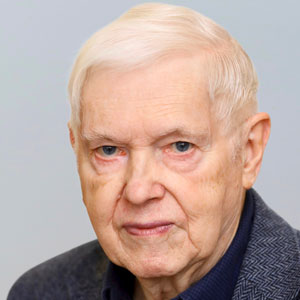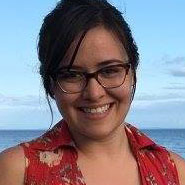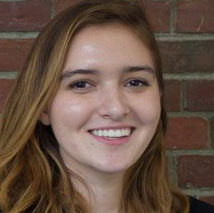Bill Barnert is proud of the organizations he has helped to co-found, including the AIDS Action Committee, Brown University TBGALA, and the Cambridge Men’s Group. Bill has been speaking for SpeakOUT since 1980, co-hosted SpeakOUT TV, and hosted PrideTime for Boston cable. He has sung with the Boston Gay Men’s Chorus, danced with the ReneGAYdes, drummed with the Freedom Trail Marching Band, and has volunteered at CRLS’s GSA, Project-10 East. He currently sits on the City of Cambridge LGBTQ+ Commission. Professionally, Bill is a User Experience Designer, and is active in BostonCHI. In what’s left of his spare time, he is an amateur actor, comedian & playwright.
Michael Bronski is an author, professor and independent scholar. He has been involved in gay liberation as a political organizer, journalist, writer, editor, publisher and theorist since 1969. His “Queer History of the United States” won the 2011 Lambda Literary Award for Best Non-Fiction as well as the 2011 American Library Association Stonewall Israel Fishman Award for Best Non- Fiction. His last two books are – “You Can Tell Just By Looking: And 20 Other Myths about LGBT Life and People” (coauthored with Ann Pellegrini and Michael Amico) and “Considering Hate: Violence, Goodness, and Justice in American Culture and Politics” (coauthored with Kay Whitlock) – were both nominated for Lambda Literary awards. He is currently at work on a YA edition of “A Queer History of the United States” which will be published next year, and “The World Turned Upside Down: The Queerness of Children’s Literature.” He is Professor of the Practice in Activism and Media in the Studies of Women, Gender, Sexuality at Harvard University.
Marjorie Saunders is a retired Professor of Writing and Literature at MassBay Community College and a current member of the Cambridge Women’s Commission.
 Owen Gingerich is an emeritus professor of astronomy and the history of science at Harvard University and an emeritus senior astronomer at the Smithsonian Astrophysical Observatory. He is a leading authority on the 16th-century Polish cosmologist Nicholas Copernicus and the 17th-century German astronomer Johannes Kepler.
Owen Gingerich is an emeritus professor of astronomy and the history of science at Harvard University and an emeritus senior astronomer at the Smithsonian Astrophysical Observatory. He is a leading authority on the 16th-century Polish cosmologist Nicholas Copernicus and the 17th-century German astronomer Johannes Kepler. Harvard graduate student in Astrophysics, Chantanelle (Chani) Nava, is a Montana native who earned her B.A. in Physics with an Astronomy focus from the University of Montana. Chani performs research detecting and characterizing small planets around stars other than our sun, with the goal of detecting habitable planets that could potentially host life as we know it! Her love and interest in astronomy is fed largely by the natural universal wonder the science evokes and the connections it allows her to make with members of the community. When Chani isn’t doing something science related, she can be found focusing on one of her other loves: her family and friends, the outdoors, music, food, activism, and her cat, Kiki.
Harvard graduate student in Astrophysics, Chantanelle (Chani) Nava, is a Montana native who earned her B.A. in Physics with an Astronomy focus from the University of Montana. Chani performs research detecting and characterizing small planets around stars other than our sun, with the goal of detecting habitable planets that could potentially host life as we know it! Her love and interest in astronomy is fed largely by the natural universal wonder the science evokes and the connections it allows her to make with members of the community. When Chani isn’t doing something science related, she can be found focusing on one of her other loves: her family and friends, the outdoors, music, food, activism, and her cat, Kiki. Ashley Villar is an astrophysics PhD student at Harvard University. She studies eruptions, explosions and collisions of stars in our night sky. Ashley is originally from Vero Beach Florida, before moving to Massachusetts to earn a degree in physics from MIT. She was inspired to study astronomy after reading the popular book, Death by Black Hole, while in middle school. You can read more about her work at
Ashley Villar is an astrophysics PhD student at Harvard University. She studies eruptions, explosions and collisions of stars in our night sky. Ashley is originally from Vero Beach Florida, before moving to Massachusetts to earn a degree in physics from MIT. She was inspired to study astronomy after reading the popular book, Death by Black Hole, while in middle school. You can read more about her work at